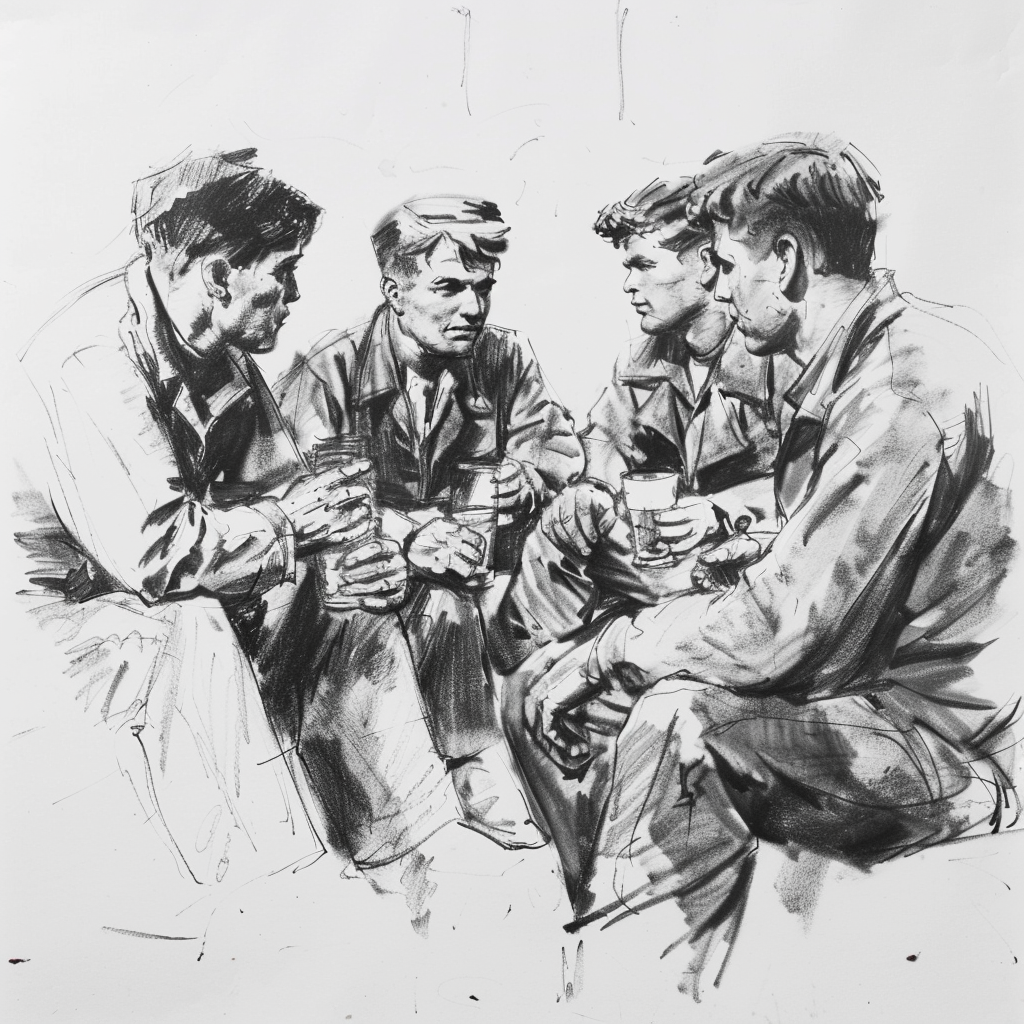Finally, we drove a huge herd of young cattle from the pasture to the large cattle barn, where the animals had to be chained. The calves and heifers, most of which already had strong horns, had been grazing from spring to fall and were therefore quite feral.
This post has been moved. Please follow us on Medium to read and/or listen (!) to it in full.
The Bright Side of the Doom, a Prequel to 1984, The 18-Year-Old Who Wrote a Note and Disappeared is now available worldwide in bookstores as a hardcover, paperback, and e-book‼️
